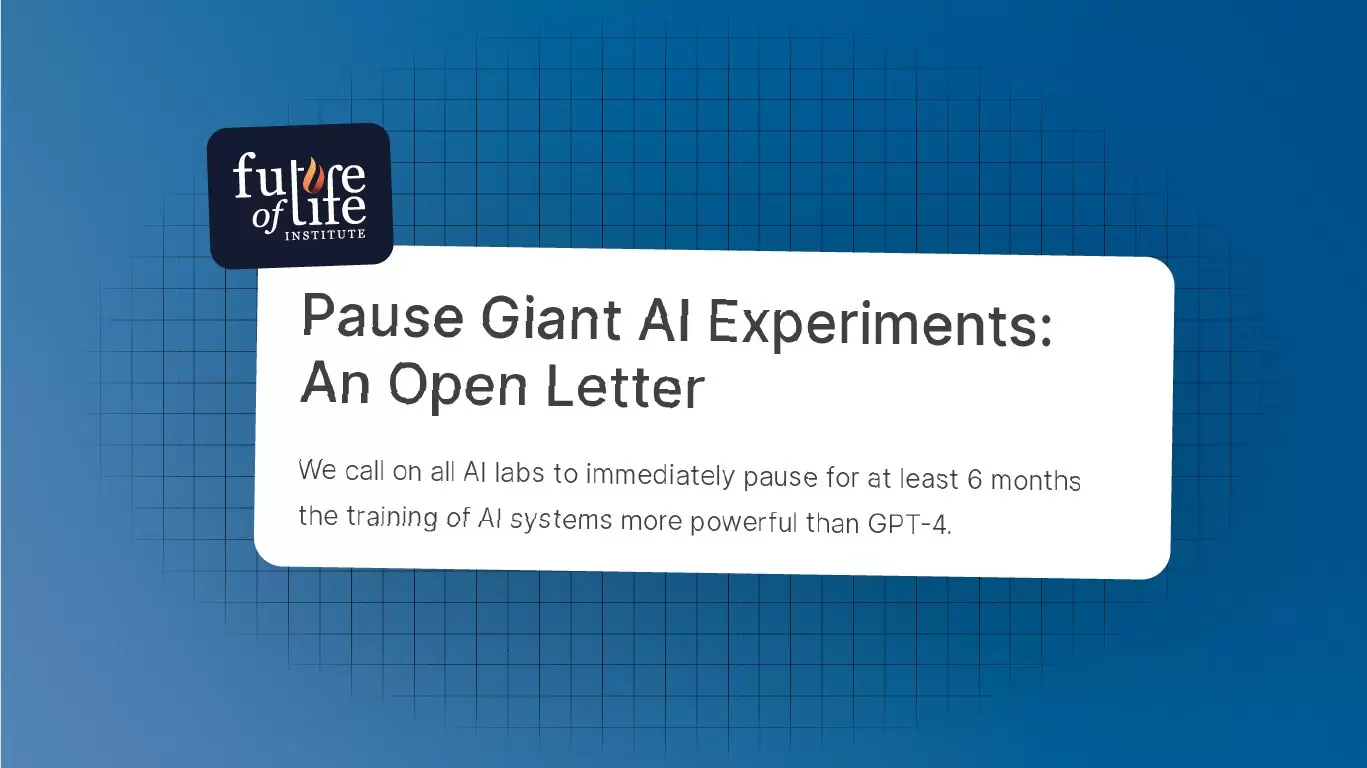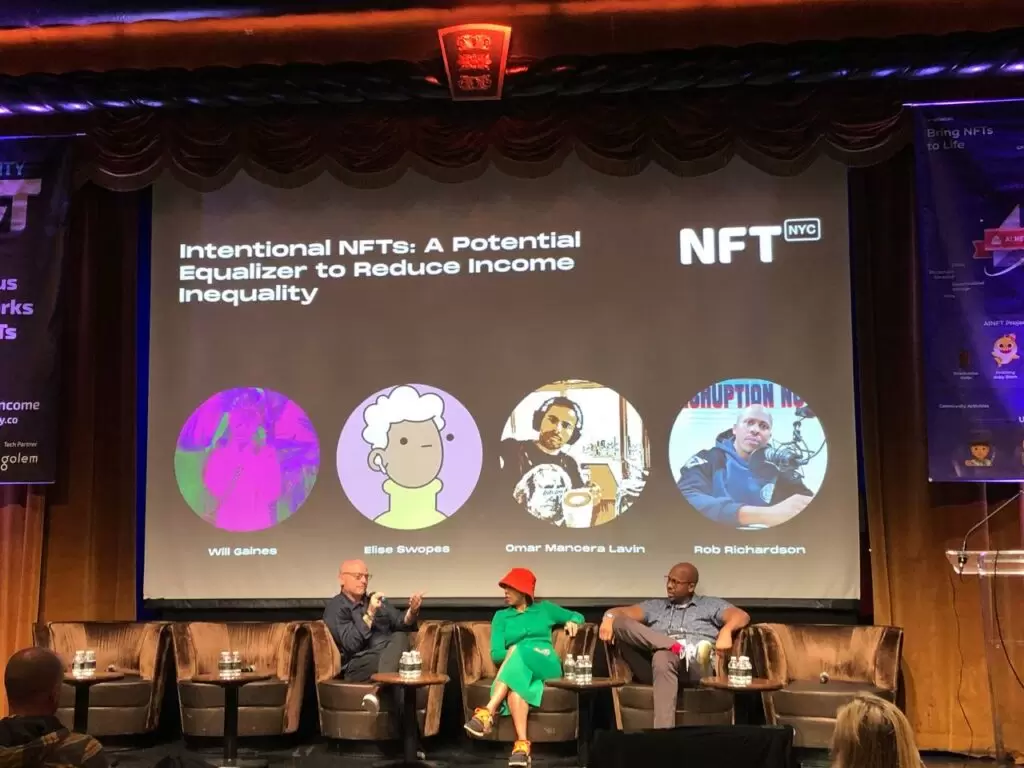Elon Musk calling for a six-month pause on AI development in an open letter
The Dark Side of AI: Why We Need a Pause and Safety Protocols to Ensure a Flourishing Future


In recent news, several prominent figures, including Elon Musk, Steve Wozniak, and Andrew Yang, have called for a six-month pause on AI experiments. The reason behind this call is the potential risks that AI development poses to society and humanity. As AI systems become more advanced, they can pose significant risks that could have catastrophic consequences for our society.
The letter points out that many AI labs are in a race to develop and deploy ever more powerful digital minds, which even their creators cannot understand, predict, or reliably control. They argue that AI systems with human-competitive intelligence can pose profound risks to society and humanity, as shown by extensive research and acknowledged by top AI labs.
The letter raises several questions that we must ask ourselves as we continue to develop AI systems. Should we let machines flood our information channels with propaganda and untruth? Should we automate away all the jobs, including the fulfilling ones? Should we develop nonhuman minds that might eventually outnumber, outsmart, obsolete and replace us? Should we risk loss of control of our civilization?
The letter calls for a pause on training AI systems more powerful than GPT-4 for at least six months, which should be public and verifiable and include all key actors. During this pause, AI labs and independent experts should jointly develop and implement a set of shared safety protocols for advanced AI design and development that are rigorously audited and overseen by independent outside experts. These protocols should ensure that systems adhering to them are safe beyond a reasonable doubt.
Furthermore, the letter emphasizes that this does not mean a pause on AI development in general, but merely a stepping back from the dangerous race to ever-larger unpredictable black-box models with emergent capabilities. Instead, AI research and development should be refocused on making today’s powerful, state-of-the-art systems more accurate, safe, interpretable, transparent, robust, aligned, trustworthy, and loyal.
Finally, the letter calls for AI developers to work with policymakers to dramatically accelerate the development of robust AI governance systems. These should include new and capable regulatory authorities dedicated to AI; oversight and tracking of highly capable AI systems and large pools of computational capability; provenance and watermarking systems to help distinguish real from synthetic and to track model leaks; a robust auditing and certification ecosystem; liability for AI-caused harm; robust public funding for technical AI safety research; and well-resourced institutions for coping with the dramatic economic and political disruptions (especially to democracy) that AI will cause.
The development of social media platforms serves as a cautionary tale for the potential risks of unregulated technology. When social media was first developed, no one thought about regulations or the long-term impact it could have on society. However, over time, it became clear that social media had the power to influence elections, spread disinformation, and amplify hate speech. The lack of regulations in the early stages of social media development led to a variety of problems, and it’s important to consider this lesson as we move forward with the development of new technologies, such as AI. Just like with social media, we must ensure that AI development is guided by safety protocols and governance systems that are transparent, audited, and overseen by independent outside experts to minimize potential negative impacts on society.





